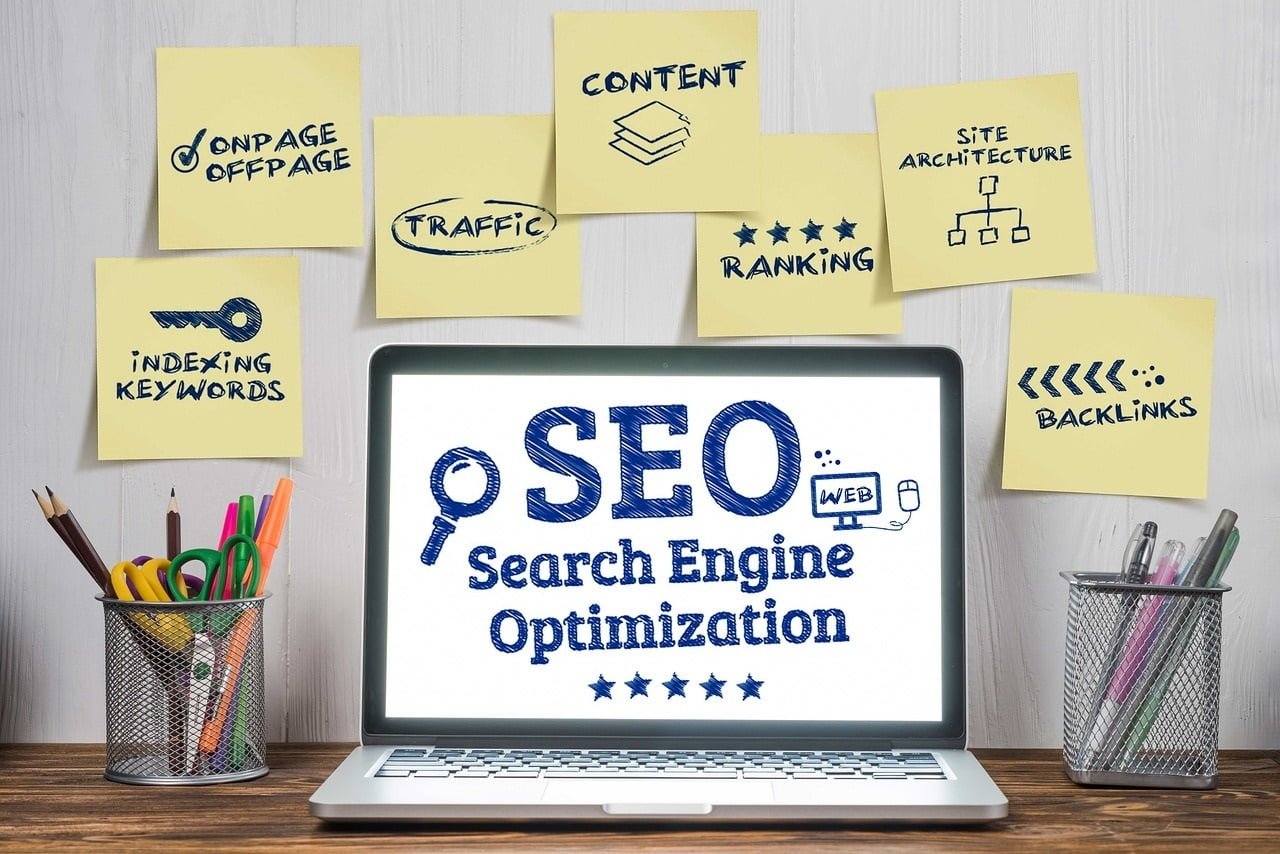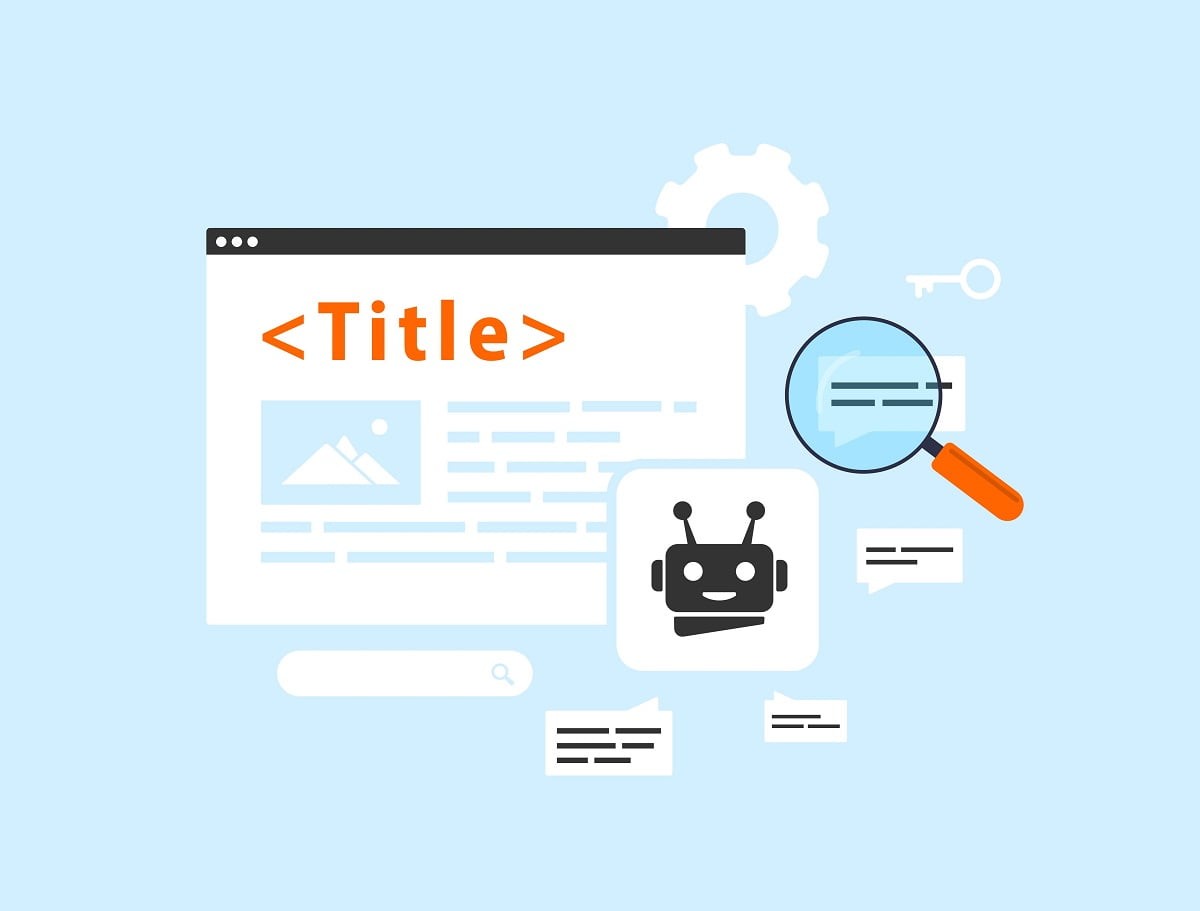Evaluating Content Quality for Effective SEO

Importance of Content Quality for SEO
When it comes to search engine optimization (SEO), content quality plays a crucial role in determining the success of your website. Search engines like Google prioritize websites that provide valuable and relevant content to their users.
Here are some reasons why content quality is important for SEO:
1. Higher Search Engine Rankings
Search engines use complex algorithms to analyze and rank websites based on various factors, including content quality. Websites with high-quality content that is well-written, informative, and engaging are more likely to rank higher in search engine results pages (SERPs).
2. Increased Organic Traffic
High-quality content attracts more organic traffic to your website. When your content is valuable and relevant, it is more likely to be shared by users on social media platforms and other websites. This can lead to increased visibility and exposure, driving more organic traffic to your site.
3. Improved User Experience
Content quality is directly linked to user experience. When users visit your website and find high-quality content that meets their needs and expectations, they are more likely to stay longer, explore other pages, and engage with your website. This positive user experience signals to search engines that your website is valuable, resulting in improved rankings.
4. Establishing Authority and Credibility
High-quality content helps you establish authority and credibility within your industry or niche. When you consistently produce valuable and well-researched content, it positions you as an expert and trusted source of information. This can attract more backlinks from other reputable websites, further boosting your SEO efforts.
Factors to Consider for Evaluating Content Quality
When it comes to evaluating the quality of content for SEO purposes, there are several factors that need to be taken into consideration:
- Relevance: The content should be highly relevant to the targeted keywords and the overall theme of the website. It should provide valuable information to the readers and align with their search intent.
- Accuracy: It is crucial for the content to be accurate and factually correct. Inaccurate information can harm the credibility of the website and lead to a negative user experience. Fact-checking and verifying sources are essential steps in ensuring the accuracy of the content.
- Uniqueness: Creating original and unique content is important for both SEO and user engagement. Duplicate or plagiarized content can result in penalties from search engines and can also diminish the trustworthiness of the website.
- Readability: Content should be easy to read and understand. It should be organized with proper headings, subheadings, and paragraphs. Using bullet points, lists, and relevant images can enhance the readability and user experience.
- Engagement: Engaging content can captivate the audience and encourage them to spend more time on the website. Including interactive elements such as videos, infographics, or quizzes can increase user engagement and reduce bounce rates.
- Value: The content should provide value to the readers by answering their questions, solving their problems, or fulfilling their needs. High-quality content establishes the website as a reliable source of information and helps in building trust with the audience.
- SEO Optimization: While evaluating content quality, it is important to consider SEO optimization factors such as proper keyword usage, meta tags, URL structure, internal linking, and mobile-friendliness. These elements contribute to better search engine rankings and visibility.
- Consistency: Consistency in producing high-quality content is essential for long-term success. Regularly updating and maintaining the content on the website ensures that it stays relevant, fresh, and up-to-date.
By considering these factors when evaluating content quality, website owners can improve their SEO efforts and provide a positive user experience, leading to higher rankings and increased organic traffic.
Assessing Relevance and User Intent in Content
When it comes to optimizing content for search engines, assessing relevance and understanding user intent is crucial. Search engines strive to provide the most relevant results to users based on their search queries, and as content creators, it is our responsibility to ensure our content aligns with what users are looking for.
Understanding User Intent
Before creating or evaluating content, it is essential to understand the intent behind a user’s search query. User intent refers to the underlying purpose or goal that a user has when performing a search. There are generally four types of user intent:
- Informational Intent: Users seek information or answers to specific questions. For example, “What are the benefits of regular exercise?”
- Navigational Intent: Users want to navigate to a particular website or web page. For example, “Facebook login page.”
- Transactional Intent: Users are looking to make a transaction or complete a specific action. For example, “Buy iPhone X online.”
- Commercial Intent: Users are interested in purchasing a product or service but are still in the research phase. For example, “Best budget smartphones 2021.”
By understanding the user intent behind a search query, we can create content that satisfies their needs, increasing the chances of ranking higher in search engine results pages (SERPs) and attracting relevant traffic to our website.
Relevance and Keyword Optimization
Assessing relevance involves evaluating whether our content aligns with the user’s search query. To ensure relevance, we need to incorporate relevant keywords and key phrases that match the user’s search intent.
Keyword optimization involves conducting keyword research to identify the terms and phrases that users are using to search for information related to our content. By strategically incorporating these keywords into our content, including headings, subheadings, and body text, we can increase the chances of our content appearing in relevant search results.
However, it’s crucial to maintain a balance and avoid keyword stuffing, which can negatively impact the user experience and result in search engine penalties. The content should flow naturally and provide value to the reader while still being optimized for search engines.
User Engagement Signals and Content Evaluation
Another important aspect of assessing content quality is evaluating user engagement signals. Search engines consider user engagement metrics such as click-through rates (CTR), bounce rates, time spent on page, and social shares to determine the relevance and value of content.
High-quality content that meets user intent is more likely to engage users, resulting in longer time spent on the page, lower bounce rates, and higher CTRs. These positive user engagement signals can improve the overall SEO performance of our content.
To evaluate the effectiveness of our content, we can analyze these engagement signals using various web analytics tools. By identifying areas of improvement and making necessary adjustments, we can continually enhance the relevance and user intent alignment of our content.

Analyzing the Use of Keywords and SEO Best Practices
One of the crucial aspects of optimizing content for search engines is the strategic use of keywords and following SEO best practices. By analyzing the use of keywords and implementing SEO best practices, website owners can improve their search engine rankings and increase organic traffic to their sites.
When it comes to keywords, it is essential to conduct thorough research to identify the most relevant and high-performing terms related to the content. By using tools like Google Keyword Planner, SEMrush, or Moz Keyword Explorer, website owners can discover popular keywords with high search volumes and low competition. Incorporating these keywords naturally throughout the content can signal search engines about the relevance and quality of the material.
However, it is important to note that over-optimization or keyword stuffing can have a negative impact on SEO. Search engines are becoming more sophisticated in detecting keyword manipulation, and websites that engage in such practices may face penalties or a decrease in rankings. Therefore, it is crucial to strike a balance between using keywords strategically and maintaining a natural and readable flow of content.
In addition to keyword usage, following SEO best practices can significantly impact the content’s quality and visibility in search engine results. This includes optimizing meta tags, such as meta titles and meta descriptions, which provide concise and accurate descriptions of the content. Meta tags play a vital role in attracting users to click on the search result and visit the website.
Another aspect to consider is the proper structuring of content using heading tags. By utilizing H1, H2, H3, and other heading tags, website owners can create a logical hierarchy that helps search engines understand the organization of the content. Additionally, using heading tags allows readers to skim through the material easily and locate the information they are seeking.
Furthermore, incorporating internal and external links within the content can enhance its credibility and authority. Internal links help users navigate through the website, while also spreading link equity and directing search engines to other valuable pages. External links to reputable sources demonstrate the content’s reliability and can contribute to higher search engine rankings.
Regularly monitoring and analyzing the performance of keywords and SEO efforts is essential for the long-term success of a website. By using tools like Google Analytics or other SEO platforms, website owners can gain insights into user behavior, organic traffic growth, and keyword rankings. These insights can inform future optimizations and help refine the content strategy to achieve better SEO results.
Measuring User Engagement Metrics for Content Evaluation
When it comes to evaluating the quality of your content for SEO purposes, it is crucial to consider user engagement metrics. These metrics provide valuable insights into how users interact with your content and can help you determine its effectiveness in terms of engaging and retaining your audience. By measuring user engagement, you can gain a deeper understanding of what aspects of your content are working well and what areas may need improvement.
Here are some key user engagement metrics to consider:
- Bounce Rate: This metric measures the percentage of visitors who leave your website after viewing only one page. A high bounce rate may indicate that your content is not engaging enough or fails to meet visitors’ expectations. To improve bounce rate, consider optimizing your headlines, improving page load speed, and enhancing the overall user experience.
- Time on Page: This metric indicates the average amount of time users spend on a particular page. A longer time on page generally suggests that visitors find your content valuable and engaging. To increase time on page, ensure your content is well-structured, easy to read, and includes relevant multimedia elements such as images, videos, or infographics.
- Scroll Depth: Scroll depth measures how far users scroll down a page. It helps you understand if your content is compelling enough to keep users engaged throughout the entire article. Analyzing scroll depth can highlight potential areas where your content loses readers’ interest, allowing you to make necessary adjustments to maintain engagement.
- Click-Through Rate (CTR): CTR measures the percentage of users who click on a specific link or element within your content. It is particularly relevant for evaluating the effectiveness of your call-to-action (CTA) buttons or hyperlinks. A higher CTR indicates that your content successfully encourages users to take action, whether it’s subscribing to a newsletter, making a purchase, or exploring related content.
- Social Shares: This metric reflects the number of times your content is shared on social media platforms. Social shares indicate that users find your content valuable enough to share it with their network, extending its reach and potentially attracting new visitors. To encourage social shares, ensure your content is shareable by incorporating social media sharing buttons and crafting compelling headlines and descriptions.
By monitoring these user engagement metrics, you can effectively evaluate the quality of your content for SEO. Remember, high-quality content that engages and satisfies users is more likely to rank well in search engine results, driving organic traffic to your website and improving your overall SEO performance.
Conclusion
In conclusion, evaluating the quality of content is crucial for achieving effective search engine optimization (SEO) strategies. By considering various factors such as relevance, uniqueness, comprehensiveness, and user engagement, website owners and content creators can improve their SEO efforts. It is important to conduct regular audits, analyze performance metrics, and make necessary adjustments to ensure that the content meets the needs of both search engines and users. Implementing high-quality content not only boosts organic visibility but also enhances the overall user experience, leading to increased traffic, higher rankings, and improved conversion rates. Therefore, content quality should always remain a top priority for any successful SEO campaign.
FAQ’s





